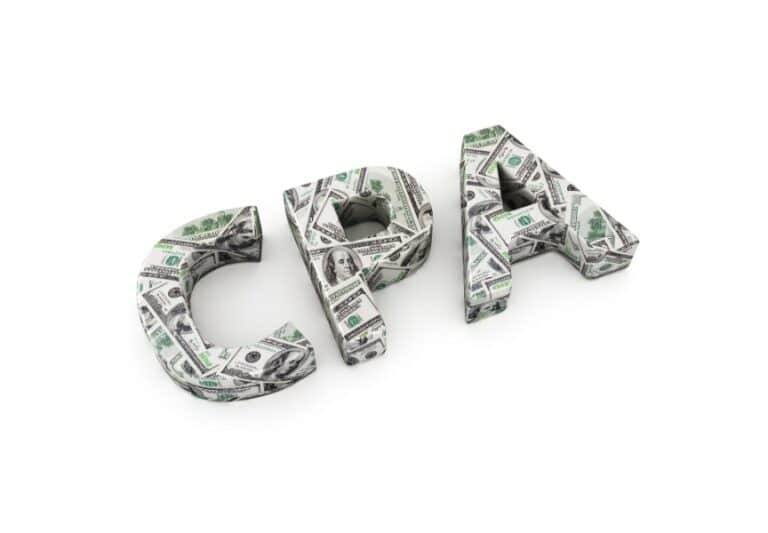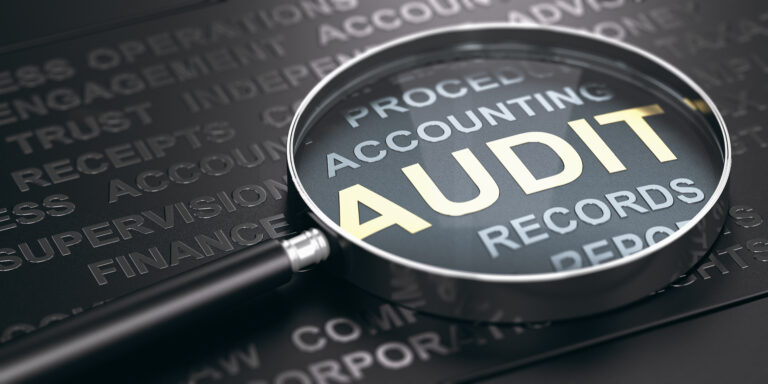How Long Should I Keep My Receipts in Case I Am Audited?
Keeping In Compliance With The IRS Guidelines
All year you collect receipts and save documents for your taxes, but how long should you keep your receipts in case you are audited? First, let’s look at the different IRS statute of limitations. These are guidelines to measure how long the IRS has to do an audit and the tax payer has to claim a refund.
- For the purpose of claiming a refund there is a 3 year period from the due date of the return. For instance, you filed your taxes in February 2014. However, they aren’t due until April 15, 2014 that gives the IRS until April 15, 2017 to do their audit.
- The Statute of Limitation for examining your tax return, making any changes or to assess additional liabilities, it is three years from submission date. If you file your taxes passed the due date, April 15, then the 3 year period for the IRS to audit is the date you submitted your taxes not April 15. Example: Submitted taxes on June 14, 2014, then the IRS has until June 14, 2017.
- There are also late audits that can be done past the 3 year period for substantial errors.
- If you omit income from your taxes, (approximately more than 25% of your gross income), then the IRS has a 6 year time period to make their audit.
- The IRS has UNLIMITED time to complete an audit if you file fraudulent taxes or if you fail to file a return.
Save Receipts for 7 Years or for Forever
In general, saving receipts for approximately 7 years is a good way to be prepared in case you are audited. Unless, you have falsified information or not filed taxes. In that case there is no limit for being audited, which would mean you should keep your receipts forever.
Remember, when saving your receipts it’s also important to preserve them so they are legible and valid. If the print is faded or can no longer be read it cannot be used. Here are a few simple ways to protect your receipts
Credit/Debit Card Purchases
If the receipts match your monthly statement, then you can shred the receipts. However, keep the statements for seven years. If the credit card statement reflects a purchase of $500.00, but the purchase being deducted was only $300.00, then you need to keep the original receipt. It must show your exact purchase. Make a copy.
Cash Purchases
Keep the original receipt and make a copy as the original may not be readable in 7 years.
Additional option
You can always laminate your receipts to keep the original for a longer period of time.
You should also make a note on the receipt that will quickly remind you what the purchase was or why you deducted it. For example, you made a purchase at Costco and 2 out of the 8 items will be used on your taxes. However, the receipt only shows you an abbreviation of the item not the actual name. You should write the purchase on the receipt.
To conclude, in case of an audit keep all receipts for 7 years. Furthermore, be sure they are legible and associated with the taxes being filed.
*This is not direct legal or tax advice. Please consult with your accountant to speak of your specific situation.





